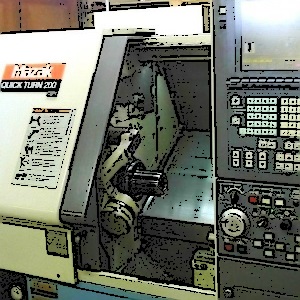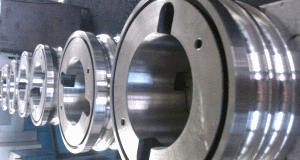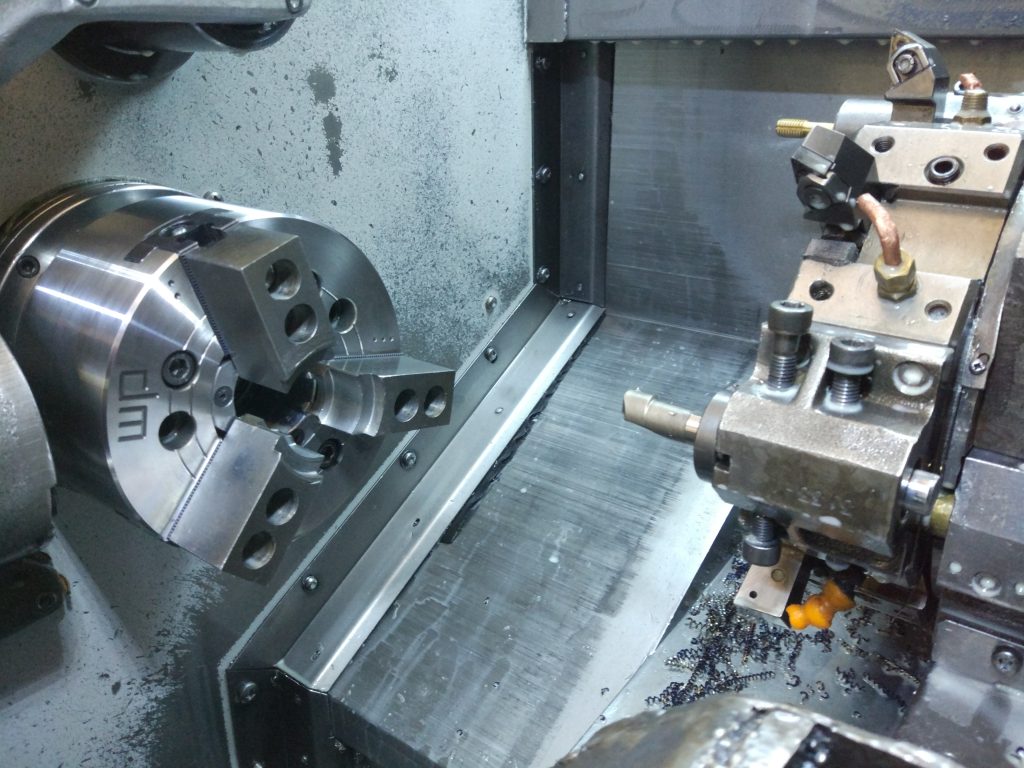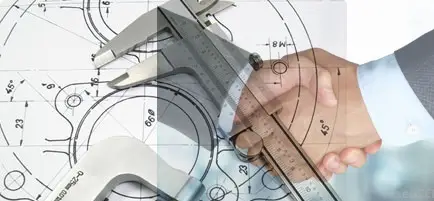Machining is a manufacturing method made by removing small parts called chips to bring materials to a certain shape and size. This manufacturing method is carried out by using various cutting tools to give the workpieces the desired geometry. Machining has a wide range of applications and includes many different processes. It is possible to summarise its scope as follows:
Machining Processes
- Turning: It is a process performed by advancing the cutting tool over a rotating workpiece. It is widely used in the production of cylindrical parts.
- Milling: It is a process in which the cutting tool rotates and removes material from the workpiece. Suitable for machining flat and complex surfaces.
- Drilling: It is a process used to drill holes in the workpiece. Drills and other drilling tools are used.
- Grinding: A process in which abrasive stones are used for high precision machining of surfaces.
- Planing and Forming: Used for machining flat surfaces of the workpiece. These operations are based on the principle of material removal by reciprocating movement of the cutting tool.
- Broaching: It is the process of removing material by passing continuous cutting teeth over the workpiece. It is generally used for machining the inner surfaces of holes.

Advantages of Machining
- High Precision and Quality: It ensures that the parts are produced within the desired tolerances and with high surface quality.
- Flexibility: Different materials and complex geometries can be processed.
- Prototype Production and Small Batch Production: Suitable for machining, rapid prototyping and small-scale production.
Disadvantages of Machining
- High Cost: Cutting tools can be costly as they wear out and need to be replaced frequently.
- Material Waste: The amount of material discarded as chips is high.
- Slow Production Speed: Production speed may be lower than other manufacturing methods.
Application Areas
Machining is widely used in many industries such as automotive, aerospace, machinery manufacturing, medical devices and defence industry. It plays a critical role in the production of complex and precision parts in these industries.

Conclusion
Machining is a basic manufacturing method for producing parts requiring high precision and quality from various materials. This method has a wide range of processes and applications, but disadvantages such as cost and material wastage must also be taken into account.


